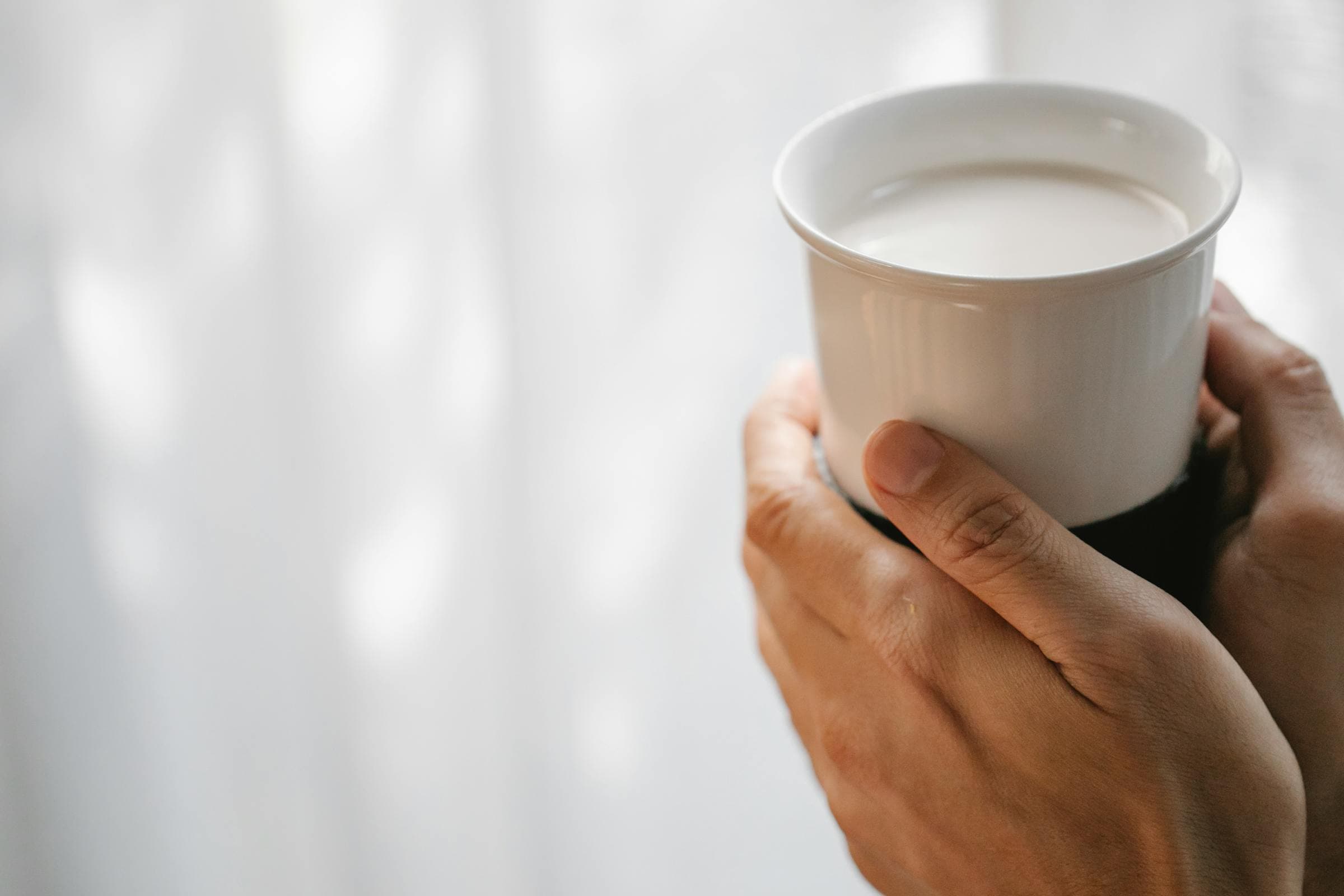
HDPE Bottles and PET Bottles
HDPE and PET Sustainability
HDPE and PET bottles offer a range of sustainability benefits, making them a top choice for sustainable packaging.
HDPE and PET bottles are widely accepted in local recycling programs, helping to reduce waste sent to landfills. These lightweight and durable materials support energy efficiency and lower greenhouse gas (GHG) emissions during manufacturing and transportation—making them a smart choice for environmentally conscious packaging.

Inquire Us
To inquire about Ninth Avenue Food’s current products and packaging capabilities for dairy alternatives, creamers, dairy beverages, and seasonal items, please Contact Us.
PET Packaging
“PET is efficent, light, recycable, with unmatched scope for recycled content. A sustainable package must first serve its essential function: to protect its content, delivering it safely with all its taste, thereby form and other features intact, thereby eliminating waste through product damage and spoilage. PET does all and more. - NAPCOR”
PETRA
PET Resin Association
PET is the most recycled plastic worldwide, with 1.5 billion pounds of PET bottles and containers recovered each year in the U.S. This high recycling rate highlights PET’s role in sustainable packaging and environmental conservation.

Energy Efficient - Lower GHG emissions
PET and HDPE packaging are mechanically recycled into recycled content or PCR pellets, promoting sustainable manufacturing

Reduced Carbon Footprint
Bottles made with recycled HDPE or PET produce up to 50% fewer emissions than those made with new plastic
Sustainable Packaging
Recyclable packaging designed to reduce waste and support sustainability
Here's why you should switch to PET bottles
PET (polyethylene terephthalate) is a clear, strong, and lightweight plastic widely used for packaging foods, beverages, personal care products, pharmaceuticals, and more. Beyond packaging, PET is also a key material in synthetic fibers, known as polyester when used in clothing, carpets, and textiles. Its versatility and recyclability make PET a sustainable choice in both packaging and fabric applications.
- PET bottles are infinitely recyclable
- PET bottles are lightweight, shatterproof, transparent, reclosable, and often have a lower carbon footprint than glass and aluminum
- 90% of PET in curbside recycling bins is successfully recycled
- PET is BPA-free and free from harmful phthalates
- PET is resistant to microorganisms and does not biologically degrade, ensuring no risk of leaching
- Aluminum cans are heavy and prone to denting
- Lightweight, reclosable PET bottles are ideal for on-the-go lifestyles
- Aluminum can production emits 3X more greenhouse gases than PET bottles
- Aluminum cans require twice the fossil fuels to produce compared to PET bottles
- In the U.S. only 49% of aluminum cans are recycled, while 90% of PET in recycling bins is successfully recycled
- PET bottles are made from a single material and are highly recyclable
- Aseptic cartons have a 16% recycling rate in the U.S. with most ending up in landfills or being incinerated
- Aseptic cartons produce 25% more greenhouse gas emissions compared to PET bottles
- Aseptic cartons combine paper, plastic, and aluminum foil, making them difficult to recycle in the U.S. while PET bottles are 100% recyclable
- A 750ml PET bottle weighs around 54 grams compared to 400-600 grams for a 750ml glass bottle leading to fewer raw materials and less fuel use
- PET bottles have a 77% lower carbon footprint and produce fewer greenhouse gases than glass bottles
- 60% of glass in single-stream recycling bins is not recycled and ends up in landfills while 90% of PET in recycling bins is successfully recycled

Connect to learn more about partnership opportunities
To inquire about our current packaging capabilities for fluid packaging, yogurt packaging, sour cream packaging, and ice-cream and dairy-alternative packaging, connect with us.


